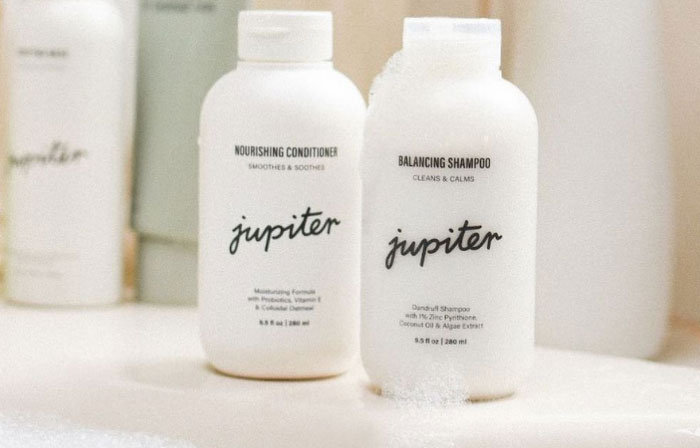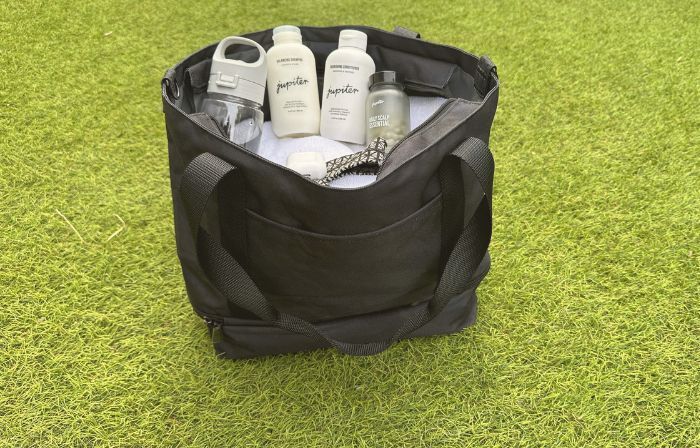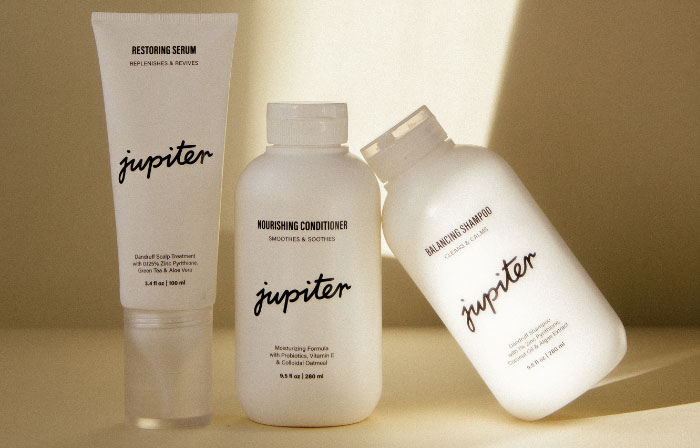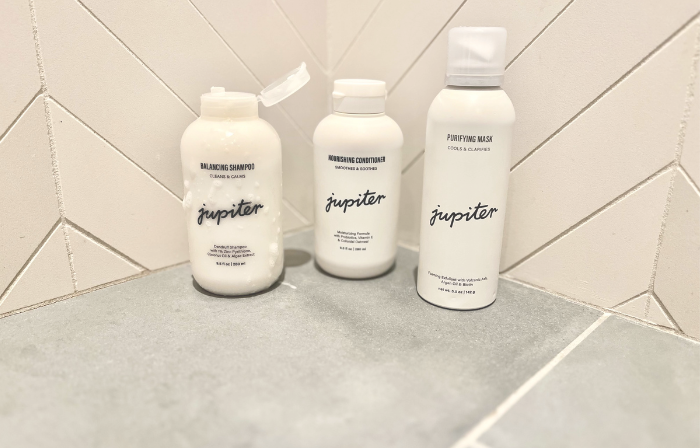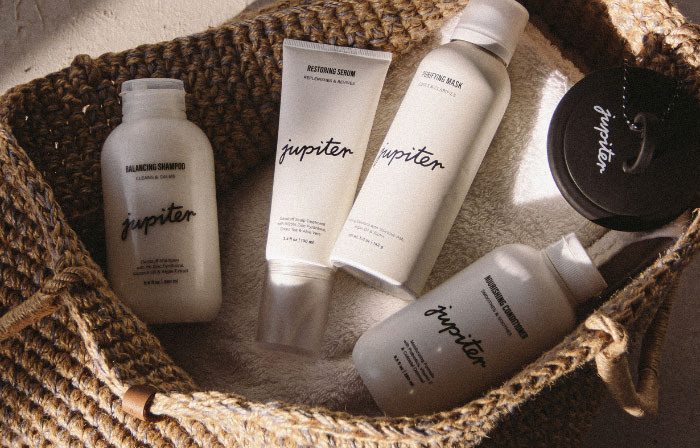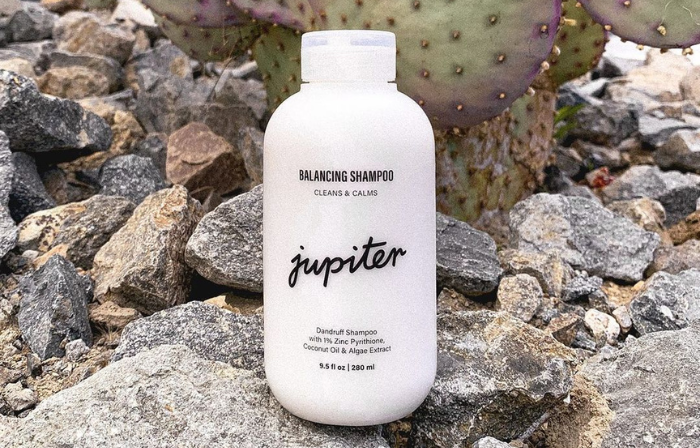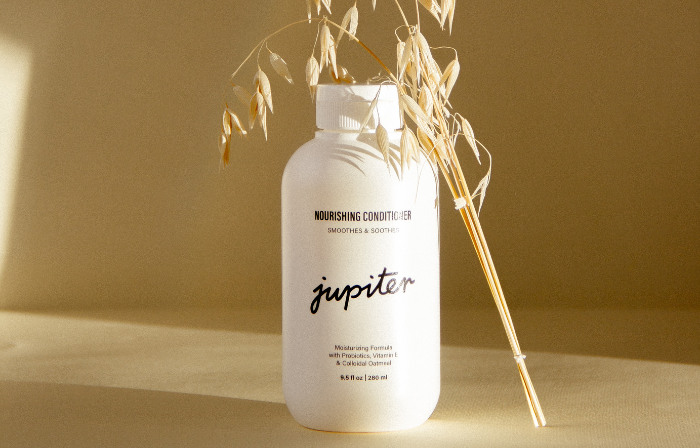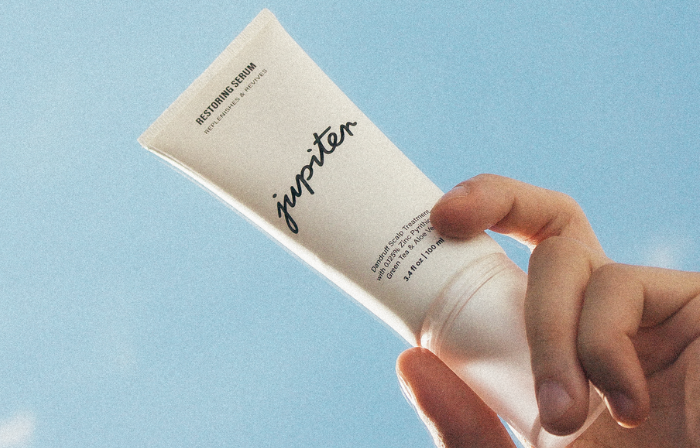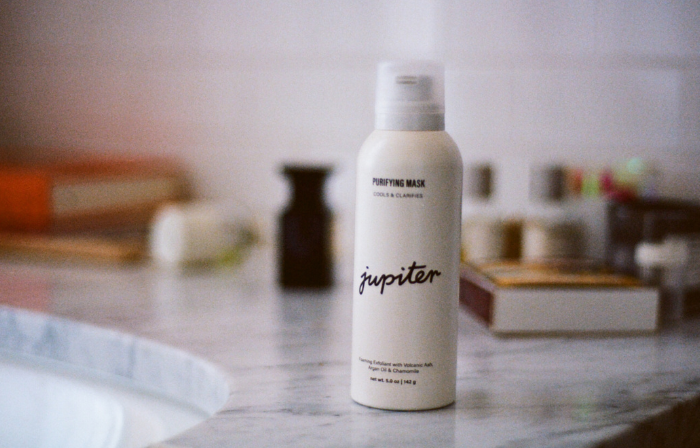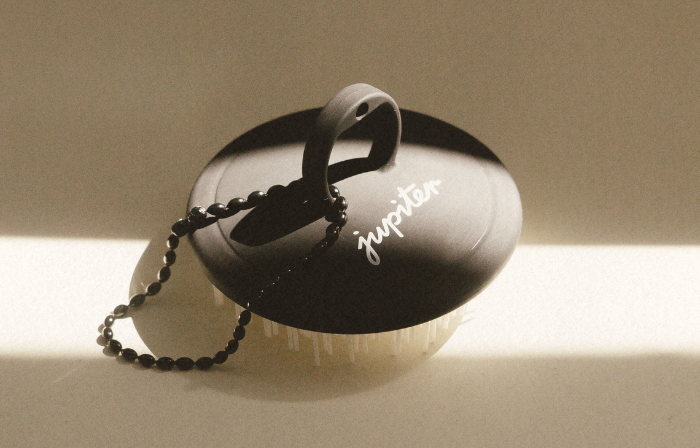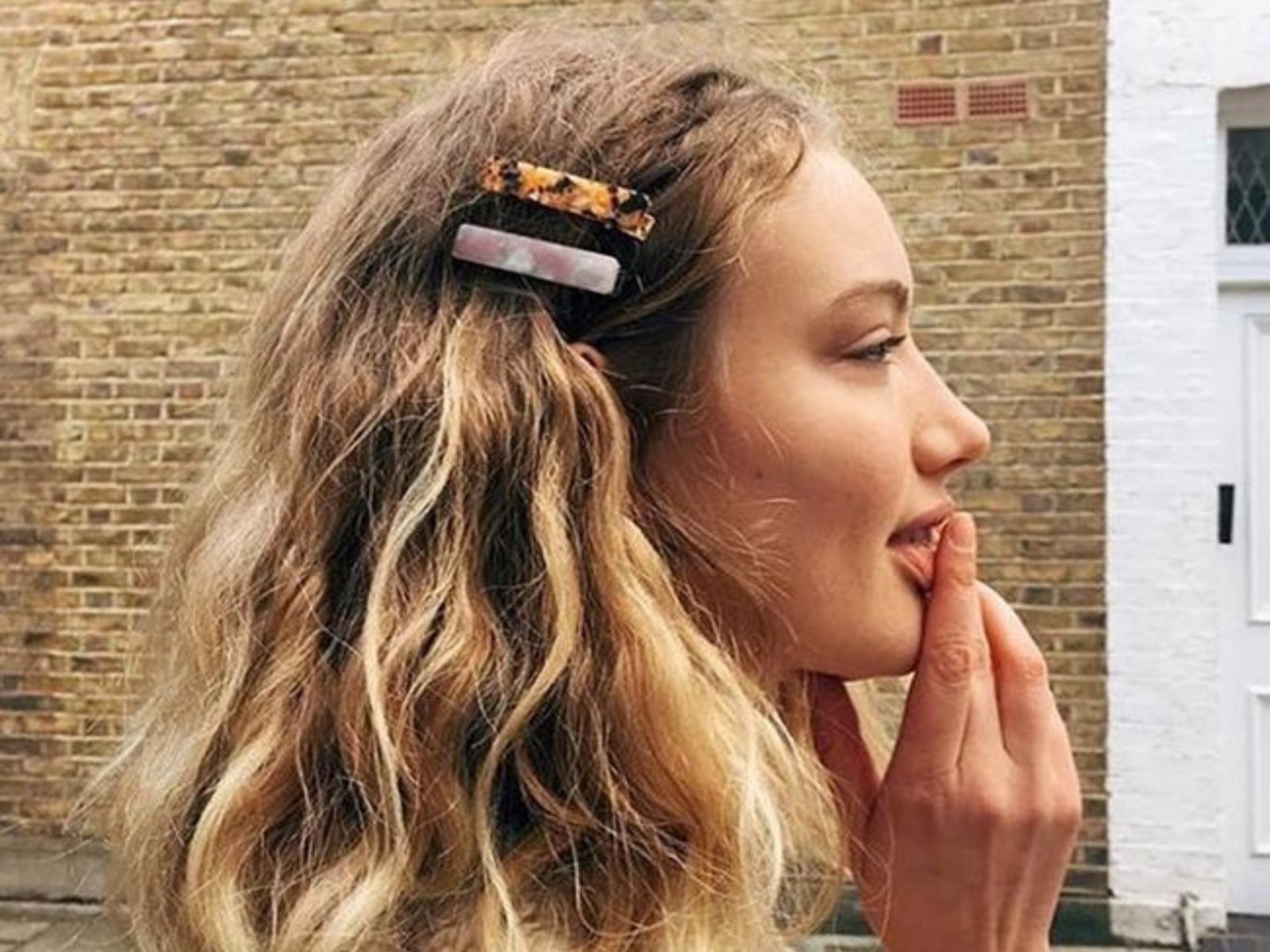If you’re looking for ways to manage your dandruff, you’ve probably heard of plenty of possible DIY “fixes.” While it’s ultimately impossible to fully cure it, dandruff is completely normal, and there are easy ways that you can manage it.
One “treatment” you might have heard of is apple cider vinegar. We’re going to discuss all things related to the touted “ACV” product and what it could mean for you and your scalp.
What is Dandruff?
Let’s pin down a definition for dandruff. The truth is that many people who experience it aren’t even sure what it is or what’s causing it. Figuring out exactly what contributes to dandruff can help clarify why you’re experiencing it.
Dandruff is an extremely common condition that causes the skin on the scalp to flake off. The condition is neither serious nor contagious, and it is generally viewed as a mild form of seborrheic dermatitis.
You might feel it’s fairly obvious if you’re experiencing dandruff, but there are some symptoms you can look out for to confirm that dandruff is what’s causing those pesky white flakes. You might notice:
Skin flakes that are on your scalp, hair, eyebrows, beard, mustache, or even shoulders
An itchy scalp
Redness or irritation on your scalp
These symptoms could vary and often can be impacted by lifestyle factors, including changes in weather, hormonal shifts, stress, diet, and exercise.
There are a variety of causes for dandruff, and scientists are still looking into them. That being said, it’s important to note that dandruff does not necessarily reflect hygiene habits, and anyone can get it. Dandruff might be caused by one or more of these:
Irritated or oily skin
An overpopulation of Malassezia, a yeast that feeds on the oil that is on the scalp of many adults
Not shampooing frequently enough
Dry skin
Experiencing a sensitivity to certain personal care products
Other skin conditions such as psoriasis and/or eczema can also be associated with dandruff
And while dandruff can impact anyone at any point in their life, there are certain factors that can put an individual at a greater risk of experiencing it. These factors include:
Your age - dandruff usually starts when you’re a young adult and then continues through your middle age. Of course, older and younger people can also get dandruff, but this is most common.
Hormonal changes - Changes in hormones that occur throughout your life, including puberty, pregnancy, and menopause, can all be factors that contribute to dandruff.
Underlying conditions - If you have an underlying condition such as Parkinson’s disease or another illness that impacts the nervous system, this appears to increase the likelihood you might experience dandruff. Other underlying skin conditions, including psoriasis, eczema, seborrheic dermatitis, and atopic dermatitis, can all lead to flaking and scalp discomfort.
Falling into one or more of these categories may make you more susceptible to experiencing dandruff at some point in your life.
What is Apple Cider Vinegar?
Now that we’ve covered what exactly dandruff is, let’s talk about apple cider vinegar. This product is a centuries-old home remedy that people often use in cooking and medicine.
It has earned accolades for several healthful properties. For one, it has antimicrobial and antioxidant effects. In addition to this, research and evidence suggest that it could perhaps be used to assist with weight loss, reducing cholesterol, improving diabetes symptoms, lowering blood sugar levels, and beyond.
However, these claims aren’t all backed up by science, and in order for it to truly be recommended as an effective home remedy, more research needs to be completed.
Can Apple Cider Vinegar Help Reduce the Appearance of Dandruff?
There’s been significant buzz regarding the impact of apple cider vinegar on dandruff control. However, with a little investigative work, it’s easy to realize that this product could potentially cause more harm than do good.
In theory, apple cider vinegar sounds like an ideal “fix” for dandruff. For one, it could supposedly be used to balance the pH of your scalp, stimulate the shedding of dead skin from the scalp, and even slow or reduce the fungal growth on your scalp.
It’s important to note that there’s not a whole lot of concrete evidence that confirms apple cider vinegar actually has this effect on the scalp. However, many people who are eager to find a way to reduce the appearance of their dandruff have tried rinsing with apple cider vinegar.
Ultimately, though, it might actually cause more damage than you think to put apple cider vinegar on your hair and scalp.
Ultimately, though, it might actually cause more damage than you think to put apple cider vinegar on your hair and scalp. It is very important not to tinker with the pH of your hair and scalp, and a large part of what this product does is impact pH. It would be wise to forgo this home remedy and leave product formulation to the experts.
The best way to treat dandruff and rid your scalp of flaking and itching is by using a product scientifically formulated with a proven dandruff fighting ingredient like Zinc Pyrithione.
Why It’s Important to Maintain a Healthy Scalp pH in the Right Way
The pH levels of your hair and your scalp can be greatly impacted by how you care for them and what treatments and products you use. The pH of your scalp should sit around 5.5, like the rest of your skin, and the pH of your hair should be between 3.5 and 4.5. Disrupting this balance may make the flaking and discomfort of dandruff worse. Therefore, you have to take precautions and be careful about how you treat your scalp. By choosing hair and scalp care products based on science instead of centuries-old home remedies, you’re ensuring that your hair and scalp are nourished, balanced, and healthy.
Manage Dandruff with Jupiter’s Science-Based Formulas
When you have dandruff, it’s easy to feel like you’re the only one trying to figure out ways to manage those pesky flakes. In reality, dandruff is incredibly common, and here at Jupiter, we’ve formulated hair and scalp care products that make it easy to keep those flakes at bay.
While apple cider vinegar has gained popularity as a DIY ingredient, it can ultimately cause more problems for your scalp than it’s worth if not used properly. There are better ways to harness some of the powerful properties of apple cider vinegar when it comes to scalp care. That’s exactly why we use apple extract as part of our dermatologist-tested Balancing Shampoo.
Our science-based products help your scalp and hair maintain balance, and support a flake-free scalp and healthier looking hair. Jupiter uses proven anti-dandruff active ingredients as part of luxe formulas that include natural ingredients like probiotics, colloidal oatmeal, and apple extract. Learn more here.
